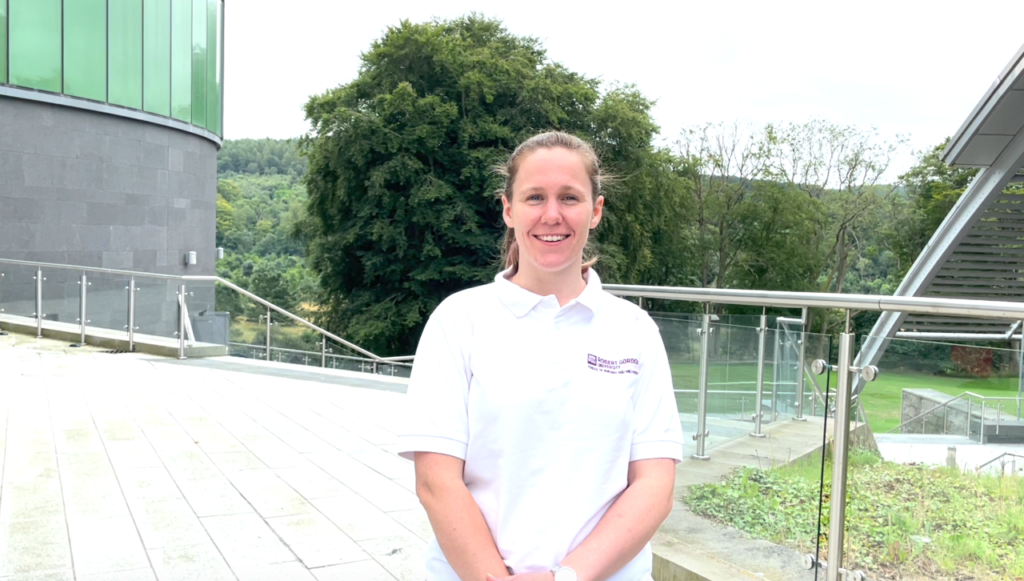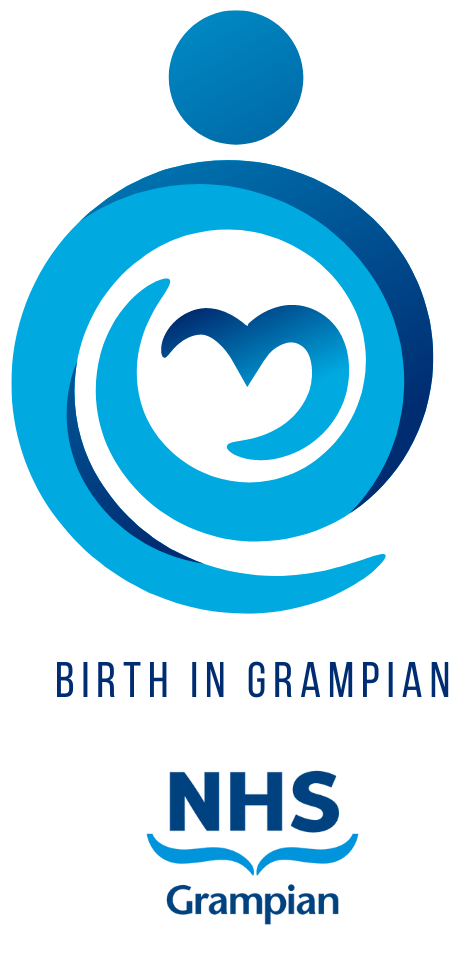NMC Standards
The NMC (Nursing and Midwifery Council) sets the standards of knowledge, skill, and attributes expected of midwives who are registered with the NMC to work across the United Kingdom. The NMC routinely reviews and revises these standards to ensure they are relevant as practice and provision of maternity services evolve. The most recent set of standards were published in 2019 following a period of public consultation.
The standards are divided into 6 domains
- Being an accountable, autonomous professional midwife
- Safe and effective midwifery care: promoting and providing continuity of care and carer
- Universal care for all women and newborn infants
- Additional care for women and newborn infants with complications
- Promoting excellence: the midwife as colleague, scholar and leader
- The midwife as skilled practitioner
Links to more information
My Future, My Midwife (NMC)
Standards for proficiency of Midwives (NMC)
The Best Start: five-year plan for maternity and neonatal care (Scottish Government)
BSc Midwifery (RGU)
Student Midwife Education

In order to ensure midwives of the future meet the standards set by the NMC all universities that deliver the pre-registration Midwifery degree course have reviewed their course content and structure.
Robert Gordon University (RGU) in Aberdeen is one of 3 universities in Scotland that deliver a pre-registration Midwifery degree course. From September 2021 all current and future student midwives will transfer on to the new curriculum.
Student midwives who undertake their degree at RGU may have placements in Grampian, Tayside, Highland, Western Isles, Orkney or Shetland and across all areas within maternity services. We see student midwives as valued members of our teams.
Continuity of Carer
Within Scotland, the development of maternity services is being shaped through the implementation of ‘The best start: five-year plan for maternity and neonatal care’ (Scottish Government, 2017).
Continuity of care and carer is also central to the new course structure for student midwives ensuring student midwives meet the standard for the second domain ‘Safe and effective midwifery care: promoting and providing continuity of carer and carer’ by the time they become registered midwives.
Traditionally student midwives have gained experience through fixed placements in a ward or clinical area, for example. in labour ward, postnatal wards, triage areas, and community teams. Whilst this will be the case for some of their placements the majority of student midwife’s placements will be spent caring for women that they have built up a relationship with whilst following them through their pregnancy and childbirth journey from early pregnancy through to labour, birth, and the postnatal period.
What does this mean for pregnant women and their families?
During your pregnancy, your midwife may introduce you to a student midwife and discuss them becoming your continuity student midwife. Once you have agreed to having a continuity student midwife their contact details will be added to your BadgerNet pregnancy record. Your continuity student midwife will make arrangements to attend your appointments regardless of where they are on placement if at all possible. They will also aim to be with you through your labour and birth.
The benefit to you is that although you may meet a number of members of our midwifery, nursing, and medical team throughout your pregnancy you will have a familiar face who is constant throughout your pregnancy and childbirth journey.
The benefit to the student midwife is that they gain the experience and skills they require to become a registered midwife whilst learning first-hand how to care for women and babies holistically.
Student midwives will be supported and supervised by a registered midwife who will be responsible for your care.
